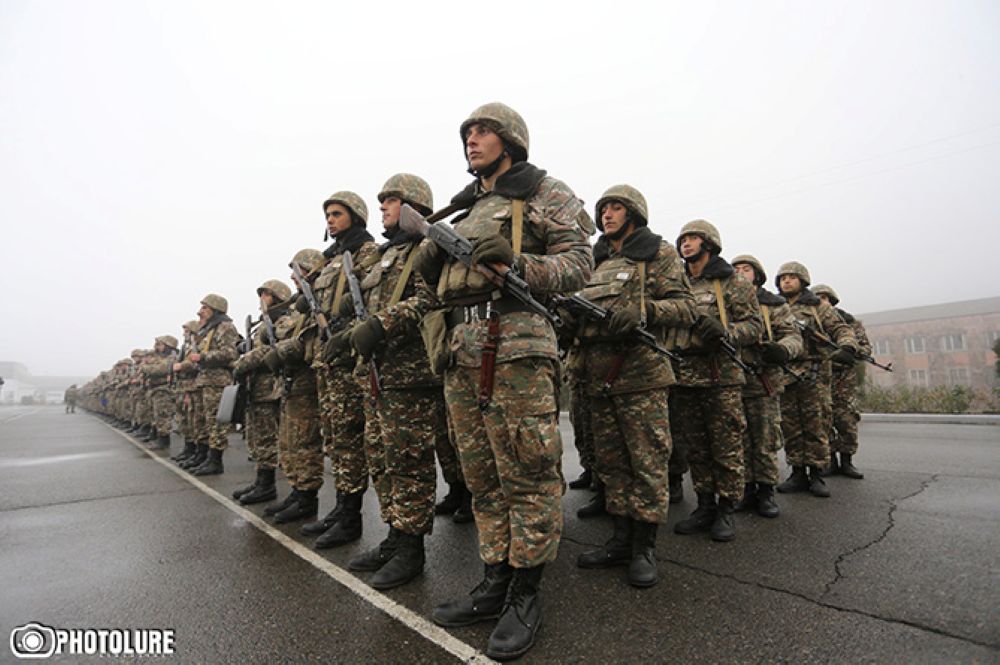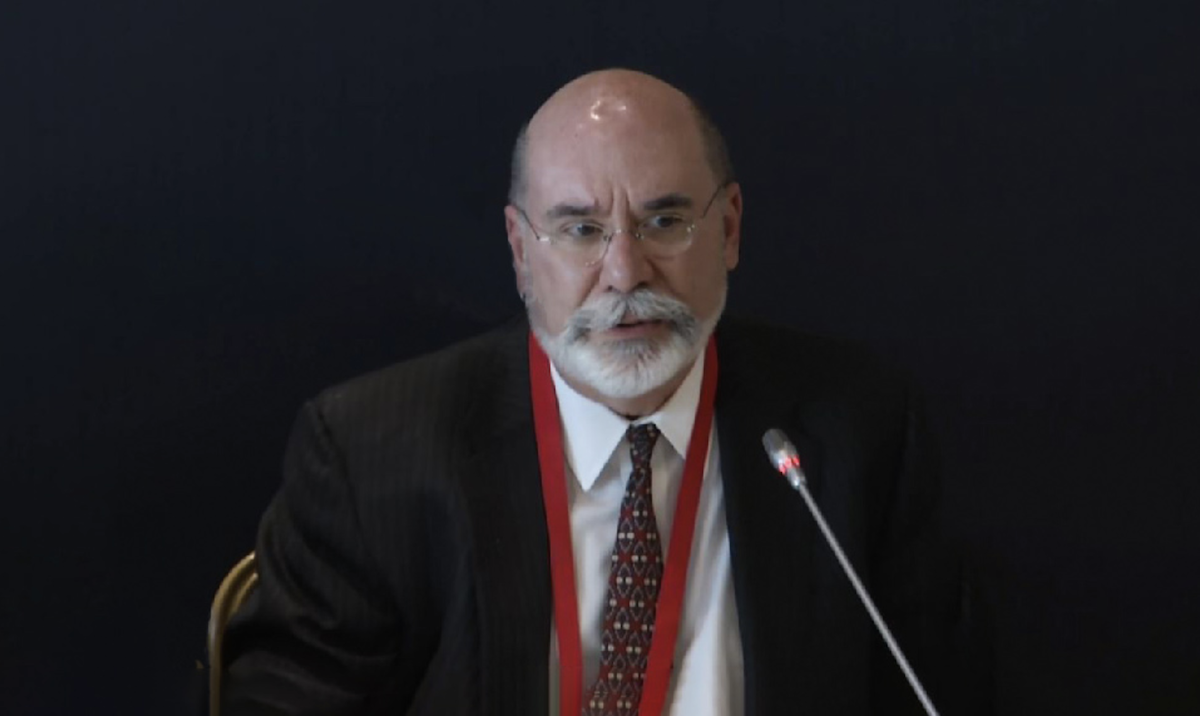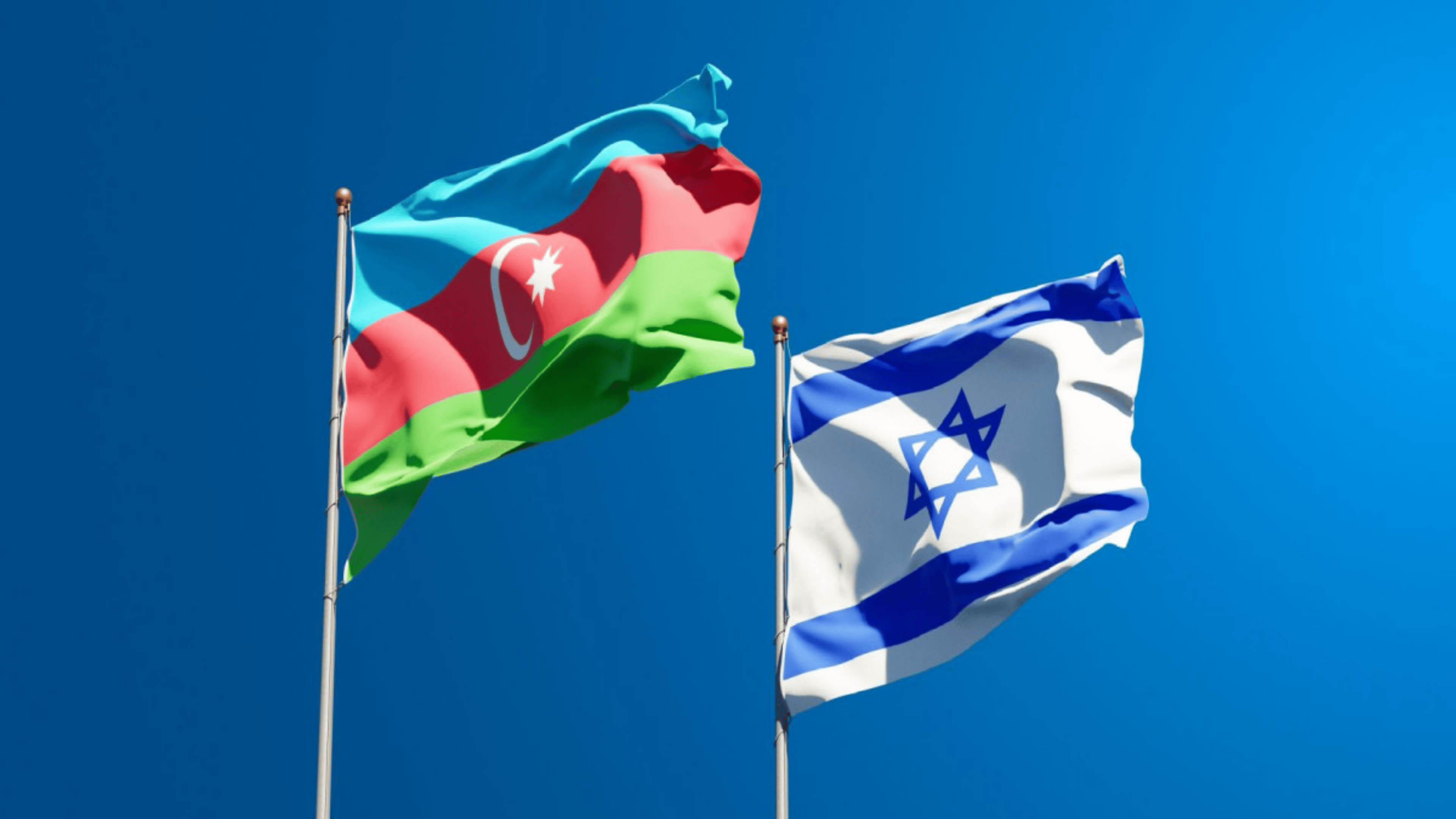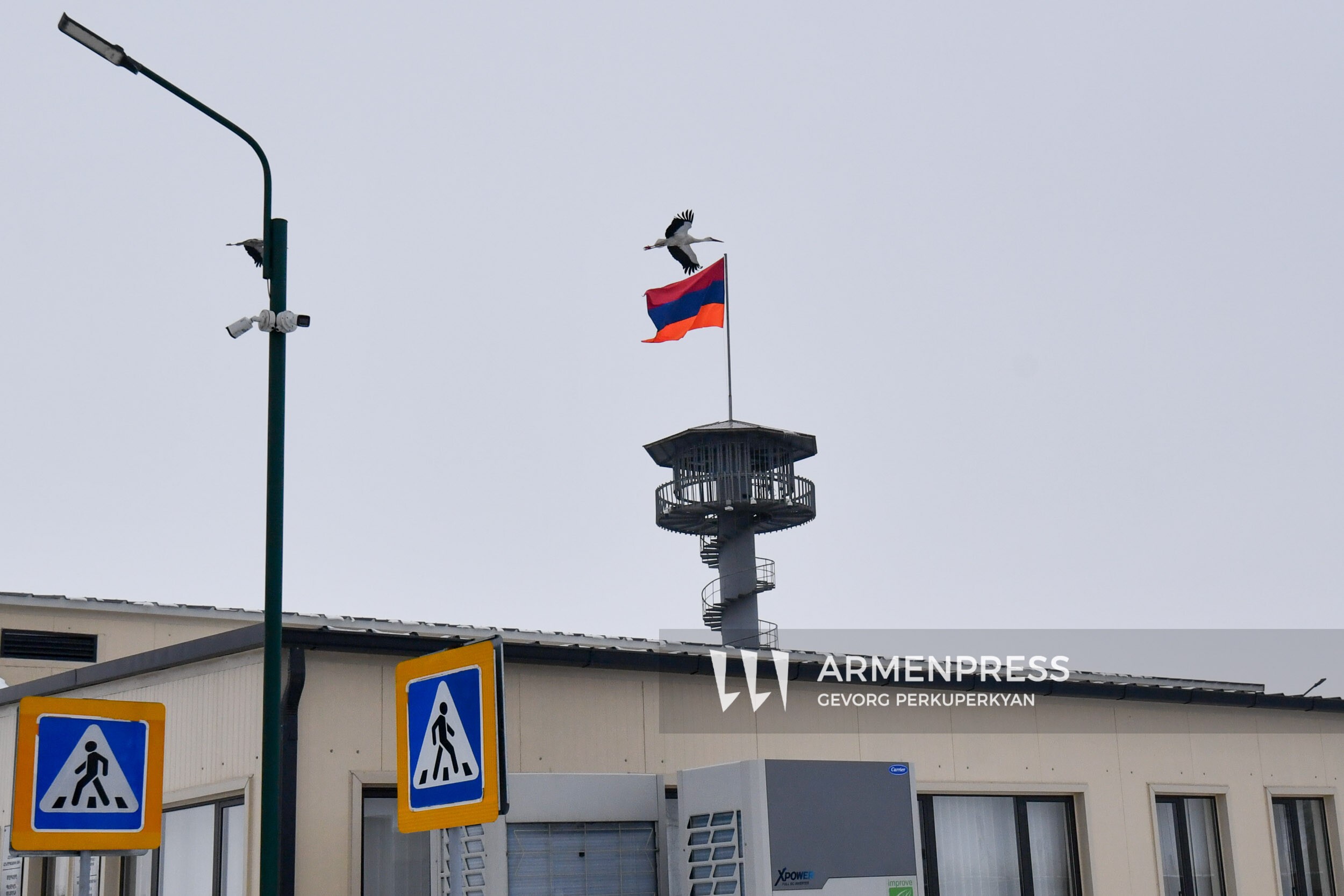Georgia’s ‘mad printer’: twelve months of laws restricting civil freedoms
laws in Georgia
Despite the ongoing protests in Georgia, the authorities have introduced nearly a dozen legislative restrictions in just one year, each one curbing citizens’ rights. The pace of this radical shift has even outstripped Russia, where a similar process unfolded over several years.
“A big middle finger to Brussels and Washington — WELL DONE, GEORGIANS!” wrote the pro-Kremlin Telegram channel Lev Mordora, celebrating yet another proposed amendment to Georgian law. Similar praise from Russian Pro-Kremlin bloggers, propagandists and officials has become almost routine for Georgia. The harsher the new restriction, the more eagerly figures like Simonyan, Zakharova, Dugin or Peskov applaud the Georgian government.
The authorities — unlike activists and the opposition — show no discomfort with this approval. And Georgia’s legislative “mad printer” shows no sign of slowing down.
What is the ‘mad printer’ phenomenon?
Before looking at the measures adopted over the past year, it is worth explaining the headline. The term “mad printer” comes from Russian politics. It described the early-2010s parliament, which pushed through dozens of controversial laws — from restrictions on NGOs to new censorship rules — with almost no real debate.
Russia expanded its repressive toolkit over four to five years. Georgia moved at a far faster pace. Another important difference is the scope. The Georgian authorities have targeted several fronts at once: civil society, the media and political opponents. In Russia, the “mad printer” worked in waves. It first went after NGOs. Media restrictions followed. Then came changes to election rules, and only after that — measures against protests and so-called “extremism.”
Difficult year
The period from November 2024 to November 2025 is widely seen in Georgia as a turning point. Many consider the government’s formal decision to abandon talks on EU accession as the moment of no return. The announcement angered the public and brought tens of thousands of people into the streets. The protests became large-scale and continuous.
Supporters of European integration blocked Tbilisi’s main Rustaveli Avenue almost every day for nearly a year. They continued to do so despite harsh police dispersals.
At a certain point, the authorities decided to expand their pressure tactics. Water cannons, rubber bullets and tear gas were no longer enough, so they introduced laws aimed at “reining in” activists. Soon after, the government put forward a whole cluster of new initiatives. These measures ran counter to both the Georgian constitution and the country’s international human-rights obligations under global conventions.
What Georgia passed in a year: the key laws that restrict rights and freedoms
1. Amendments to the Law on Assemblies and Demonstrations (December 2024)
What they do:
- The authorities have effectively banned wearing masks at protests, making it easier for facial-recognition systems to identify and fine demonstrators.
- They significantly increased fines for a wide range of loosely defined “violations.”
- They expanded police powers to carry out detentions and searches.
Why it matters:
This effectively criminalises participation in protests and makes arbitrary detentions easier, creating a climate of intimidation.
2. The “Foreign Agents” Law / FARA (March 2025)
What it does:
- It forces NGOs, media outlets and even individual citizens to register as “agents of foreign influence.”
- Refusal can result in heavy fines and up to five years in prison.
Why it matters:
The law stigmatises civil society, makes independent public activity risky, and opens the door to criminal prosecution.
3. The Law on Prior Approval of Foreign Grants (16 April 2025)
What it does:
- All foreign funding now requires government approval.
- International organisations are banned from organising events for Georgian political parties.
- Violations can lead to activities being effectively blocked.
Why it matters:
The law strips NGOs and media of financial independence and enables the government to suffocate organisations it considers undesirable.
4. Amendments to Media Legislation (entered into force in 2025)
What they do:
- The Communications Commission has been given greater control over content.
- New, vague criteria for “factual accuracy” and “fairness” have been introduced.
- Foreign funding for media outlets has been restricted.
Why it matters:
These rules allow the authorities to fine or shut down media outlets for virtually any criticism, undermine pluralism and fuel self-censorship.
5. Amendments to the Law on Freedom of Expression (26 June 2025)
What they do:
- They weaken protections for journalists in defamation cases.
- They make it easier to file SLAPP suits—legal actions intended to intimidate or bankrupt media outlets.
- They introduce liability for refusing to reveal sources.
Why it matters:
The changes hit investigative journalism hardest, enable authorities to pressure newsrooms with massive lawsuits, and undermine the institution of confidential sources.
6. A New Round of Tougher Penalties for Protests (spring–autumn 2025)
What was done:
- A new, broad offence of “deliberate disruption of public order” was introduced.
- Sentences for protest-related offences were raised to 5–10 years.
- Grounds for administrative arrest were expanded.
- In October, a new package allowed immediate detention of protesters.
Why it matters:
Punishments have become so severe and vague that any protest now carries the risk of a criminal record. Public dissent becomes far more dangerous.
7. The Package on Banning Political Parties (16 October 2025)
What was done:
- The authorities gained powers to outlaw parties on very broad grounds.
- Members of a banned party can lose their passive voting rights indefinitely.
- Parallel to this, steps began toward banning major opposition groups.
Why it matters:
This is a blow to political competition: parliament gains tools to eliminate unwanted parties and remove politicians from public life permanently.
In addition to these measures, several initiatives have been proposed but not yet adopted:
8. Amendments to the Electoral Code to Ban Voting Abroad
What they propose:
- Eliminating overseas polling stations.
- Effectively stripping millions of Georgians living abroad of the right to vote.
Why it matters:
This severely restricts the electoral rights of the diaspora and weakens a segment of the electorate that traditionally does not support the ruling party.
9. Amendments Tightening Rules for Registering New Parties
What they propose:
- Higher thresholds for party registration.
- New grounds for rejecting applications.
Why it matters:
This closes the path for new political forces to emerge.
10. Draft Law Expanding Digital Surveillance
(discussed under the banner of “modernising cybersecurity”)
What it proposes:
- Granting security services access to operators’ data without a court order.
- Expanding online monitoring tools.
Why it matters:
It poses risks to privacy, free speech and anonymity.
11. Amendments Allowing Restrictions on International NGOs in “Nationally Sensitive Zones”
(in preparation; public statements have been made)
What they propose:
- Banning or limiting NGO programmes in human rights, education and media.
- Requiring licences for international projects.
Why it matters:
This is a step toward isolating civil society from international support altogether.
Mediaset
laws in Georgia


















